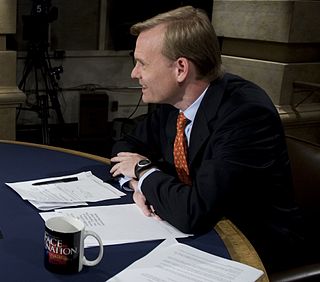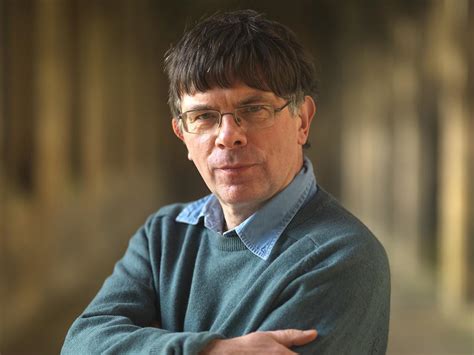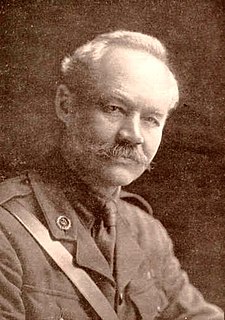A Quote by Samuel Johnson
A transition from an author's book to his conversation is too often like an entrance into a large city, after a distant prospect. Remotely, we see nothing but spires of temples and turrets of palaces, and imagine it the residence of splendour, grandeur, and magnificence; but when we have passed the gates, we find it perplexed with narrow passages, disgraced with despicable cottages, embarrassed with obstructions, and clouded with smoke.
Quote Topics
Related Quotes
Along the iron veins that traverse the frame of our country, beat and flow the fiery pulses of its exertion, hotter and faster every hour. All vitality is concentrated through those throbbing arteries into the central cities; the country is passed over like a green sea by narrow bridges, and we are thrown back in continually closer crowds on the city gates.
Reading a book should be a conversation between you and the author. Presumably he knows more about the subject than you do; if not, you probably should not be bothering with his book. But understanding is a two-way operation; the learner has to question himself and question the teacher, once he understands what the teacher is saying. Marking a book is literally an expression of your differences or your agreements with the author. It is the highest respect you can pay him.
There is no tongue to speak his eulogy;
Too brightly burned his splendour for our eyes:
Far easier to condemn his injurers,
Than for the tongue to reach his smallest worth.
He to the realms of sinfulness came down,
To teach mankind; ascending then to God,
Heaven unbarred to him her lofty gates,
To whom his country hers refused to ope.
Ungrateful land, to its own injury
Nurse of his fate! Well too does this instruct,
That greatest ills fall to the perfectest.
And 'midst a thousand proofs, let this suffice,
That, as his exile had no parallel,
So never was there man more great than he.
This London City, with all of its houses, palaces, steam-engines, cathedrals, and huge immeasurable traffic an tumult, what is it but a Thought, but millions of Thoughts made into One-a huge immeasurable Spirit of a Thought, embodied in brick, in iron, smoke, dust, Palaces, Parliaments, Hackney Coaches, Katherine Docks, and the rest of it! Not a brick was made but some man had to think of the making of that brick.



































